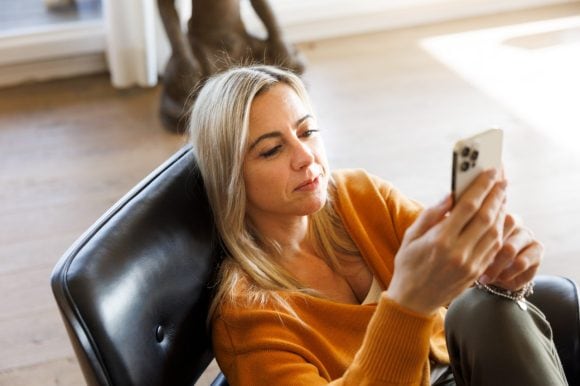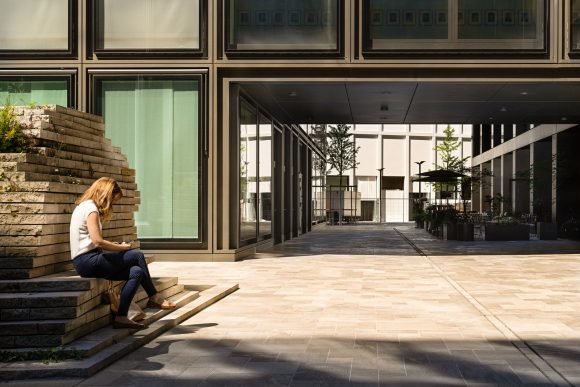Meet the experts
Maya Ziswiler: Philanthropy can take more risks and fund more innovative solutions
Philanthropy is about harnessing the wealth to do good for humanity. It’s about transforming good intentions into a real impact on people’s lives.








